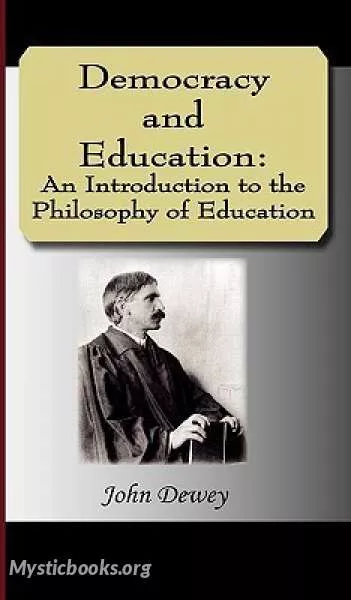
Democracy and Education: An Introduction to the Philosophy of Education
by John Dewey
'Democracy and Education: An Introduction to the Philosophy of Education' Summary
In Democracy and Education, Dewey argues that the primary ineluctable facts of the birth and death of each one of the constituent members in a social group determine the necessity of education. On one hand, there is the contrast between the immaturity of the new-born members of the group (its future sole representatives) and the maturity of the adult members who possess the knowledge and customs of the group. On the other hand, there is the necessity that these immature members be not merely physically preserved in adequate numbers, but that they be initiated into the interests, purposes, information, skill, and practices of the mature members: otherwise the group will cease its characteristic life.
Dewey observes that even in a "savage" tribe, the achievements of adults are far beyond what the immature members would be capable of if left to themselves. With the growth of civilization, the gap between the original capacities of the immature and the standards and customs of the elders increases. Mere physical growing up and mastery of the bare necessities of subsistence will not suffice to reproduce the life of the group. Deliberate effort and the taking of thoughtful pains are required. Beings who are born not only unaware of, but quite indifferent to, the aims and habits of the social group have to be rendered cognizant of them and actively interested. According to Dewey, education, and education alone, spans the gap.
Book Details
Language
EnglishOriginal Language
EnglishPublished In
1916Authors
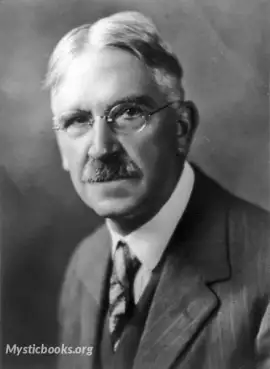
John Dewey
United States
John Dewey was an American philosopher, psychologist, and educational reformer whose ideas have been influential in education and social reform. He was one of the most prominent American scholars in t...
Books by John DeweyDownload eBooks
Listen/Download Audiobook
- Select Speed
Related books
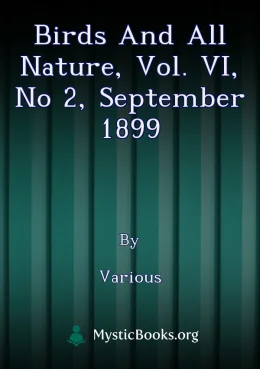
Birds and All Nature, Vol. VI, No 2, September 1899 by Various
This volume of "Birds and All Nature" from September 1899 showcases a collection of short poems and detailed descriptions of various bird species, ani...
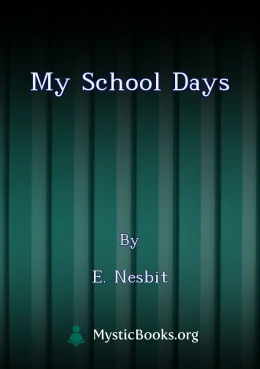
My School Days by E. Nesbit
This memoir by E. Nesbit offers a glimpse into the author's formative years. It details her experiences at school, including her relationships with te...
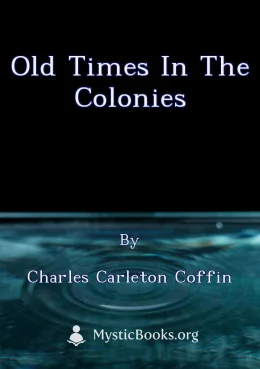
Old Times in the Colonies by Charles Carleton Coffin
Old Times in the Colonies is a book by Charles Carleton Coffin that provides a glimpse into the daily life of colonists in the New England region of t...
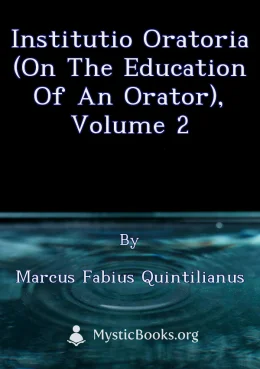
Institutio Oratoria (On the Education of an Orator), volume 2 by Marcus Fabius Quintilianus
Marcus Fabius Quintilianus's Institutio Oratoria is a comprehensive treatise on the education of an orator. It covers a wide range of topics, from the...
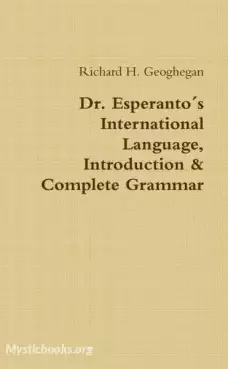
Dr. Esperanto’s International Language, Introduction and Complete Grammar by L.L. Zamenhof
In July 1887, Esperanto made its debut as a 40-page pamphlet from Warsaw, published in Russian, Polish, French and German: all written by a Polish eye...
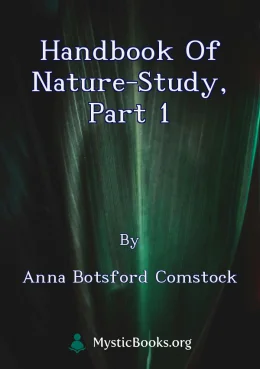
Handbook of Nature-Study, Part 1 by Anna Botsford Comstock
Comstock's *Handbook of Nature-Study* is a comprehensive guide for teachers and educators seeking to integrate the natural world into their classrooms...
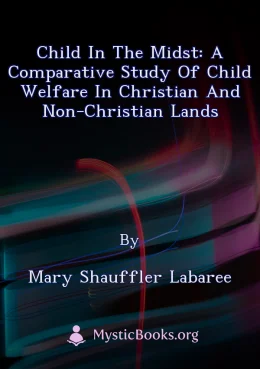
Child in the Midst: A Comparative Study of Child Welfare in Christian and Non-Christian Lands by Mary Shauffler Labaree
This book offers a comparative analysis of child welfare practices in Christian and non-Christian societies, examining various aspects of child develo...
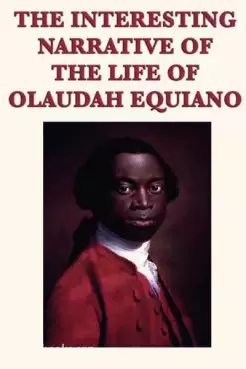
The Interesting Narrative of the Life of Olaudah Equiano, Or Gustavus Vassa, The African by Olaudah Equiano
The Interesting Narrative of the Life of Olaudah Equiano, Or Gustavus Vassa, The African, first published in 1789 in London, is the autobiography of O...
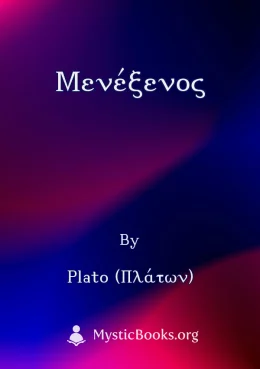
Μενέξενος by Plato (Πλάτων)
The Menexenus is a Platonic dialogue in which Socrates and a young Athenian named Menexenus engage in a humorous and ironic conversation about funeral...
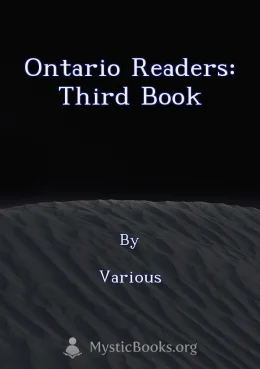
Ontario Readers: Third Book by Various
The Ontario Readers: Third Book is an anthology of short stories and poems designed for elementary school students in Ontario, Canada. Compiled by the...
Reviews for Democracy and Education: An Introduction to the Philosophy of Education
No reviews posted or approved, yet...